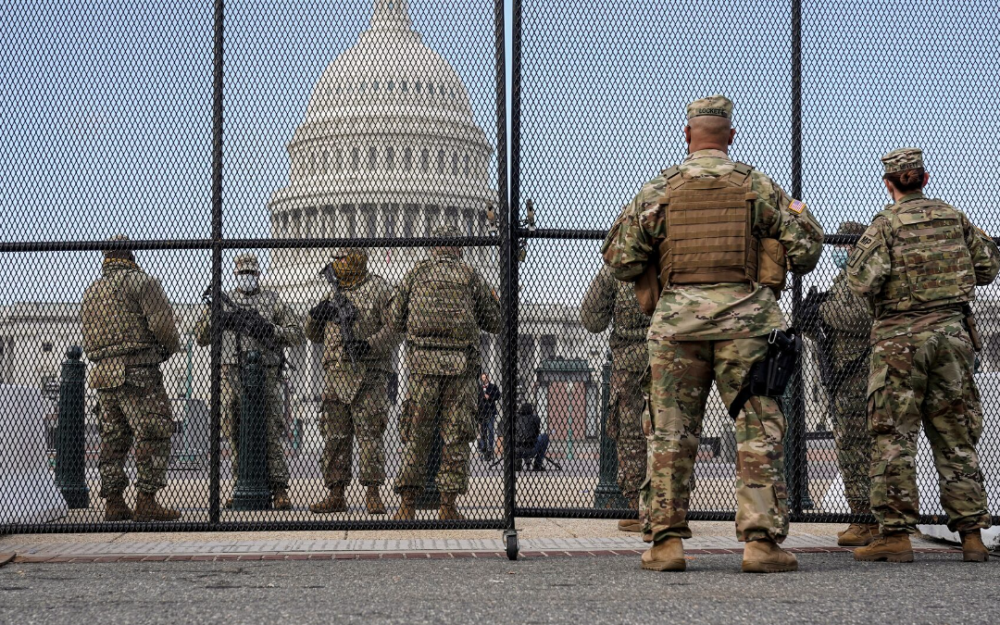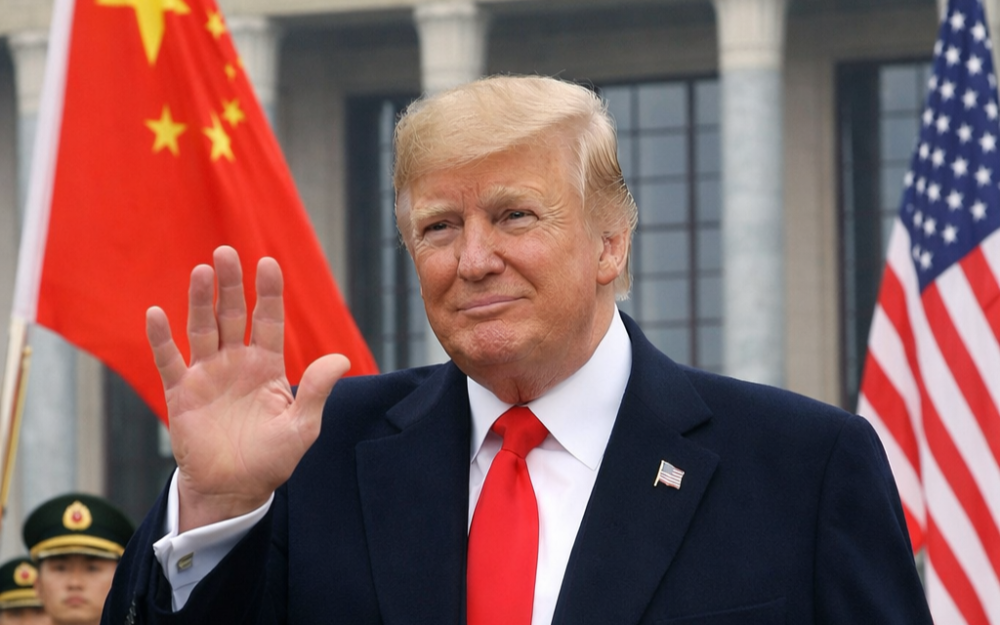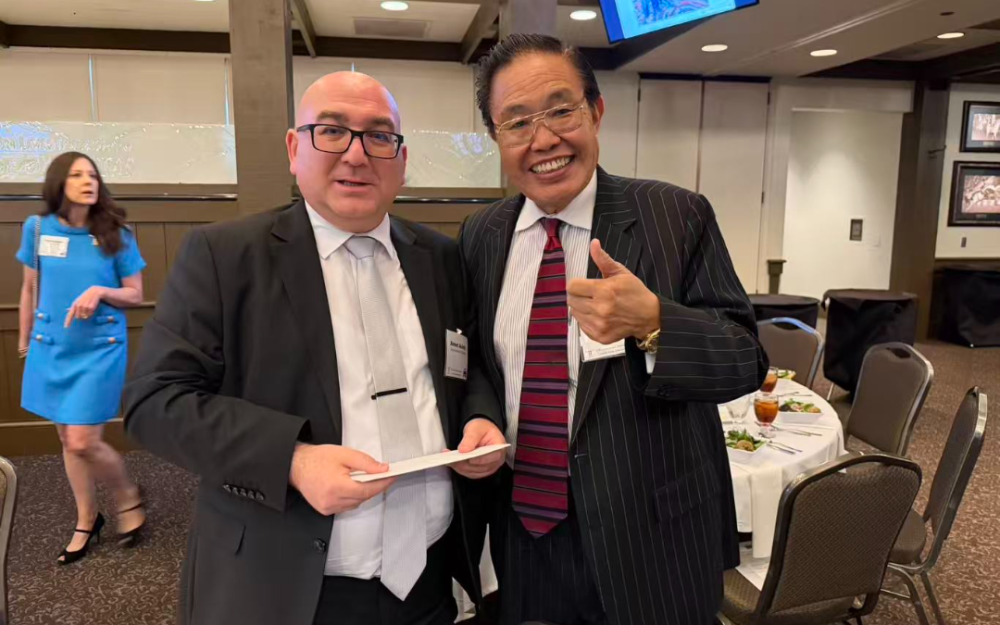点击浏览 休斯顿黄页 电子书
川普宣布接管华府:政治突袭与权力博弈

川普宣布接管华府:政治突袭与权力博弈
2025年8月11日,美国总统唐纳·川普宣布,依据《1973年华盛顿特区自治法》(Home Rule Act)中的紧急权力条款,暂时接管华盛顿特区警察部门,并调动约800名国民兵进驻首都。此举立即在全美掀起政治与法律的双重震盪。
川普将这一天命名為「首都解放日」,并公开表示首都已被「帮派、罪犯与无家可归者佔据」,需要联邦政府出手「夺回控制权」。根据他的计画,国民兵与警察将在未来30天内加强巡逻,并对市中心展开清理行动,包括驱离无家可归者并将他们安置到「远离市区」的地点。
然而,华府市政府与多数地方议员迅速反击。市长指出,官方统计显示,首都暴力犯罪率在2024年下降35%,2025年再降26%,已创下近30年新低,与川普的「治安恶化」说法相去甚远。批评者认為,这场「接管行动」更像是一场政治表演与权力扩张,意在削弱地方自治,為日后可能的全面联邦化铺路。
川普的支持者则强调,儘管数据下降,首都部分地区仍存在治安隐患。警察工会与部分犯罪受害者家属对此表示欢迎,认為联邦介入能更有效压制犯罪,让居民重拾安全感。
在法律层面,川普虽有权在紧急情况下暂时接管警务,但若要彻底废除华盛顿特区的地方自治,必须经由国会修改法律——这是一道高墙,意味着川普的行动目前仍属短期措施。
如今,华盛顿特区正处於前所未有的政治压力下。川普的「接管」究竟是短暂的治安行动,还是长远的政治佈局,恐怕将在未来几週内见分晓。而这场风暴,也再一次将美国首都推向全国舆论的中心。
Trump Announces Takeover Of Washington, D.C
A Political Blitz And Power Struggle
On August 11, 2025, U.S. President Donald Trump invoked emergency powers under the 1973 Home Rule Act "to temporarily take control of the Washington, D.C., police department and deploy roughly 800 National Guard troops to the capital." The move immediately triggered both political and legal shockwaves across the nation.
Trump dubbed the day “Liberation of the Capital Day,” declaring that the city had been “overrun by gangs, criminals, and the homeless” and that federal intervention was necessary to “take back control.” Under his plan, National Guard units and police will increase patrols over the next 30 days and will launch a sweeping cleanup of downtown, including the removal of homeless residents to other locations “far from the city center.”
The D.C. government and most local council members quickly pushed back. Mayor Muriel Bowser pointed to official data showing that violent crime in the capital fell 35% in 2024 and another 26% in 2025, reaching its lowest level in nearly three decades—figures that starkly contradict Trump’s claim of spiraling lawlessness. Critics argue the “takeover” is less about public safety and more about political theater and federal power expansion, potentially paving the way for a longer-term push to weaken D.C.’s autonomy.
Supporters of the move, including the police union and some victims’ families, contend that despite statistical improvements, serious safety concerns remain in parts of the city. They see federal intervention as a necessary step to restore law and order to reassure residents.
Legally, while Trump can assume temporary control of the police in an emergency, a full revocation of D.C.’s home rule would require congressional action—a steep challenge that limits his authority for now.
Today, Washington D.C. finds itself under unprecedented political pressure. Whether Trump’s “takeover” will prove to be a short-lived law-and-order campaign, or the opening move in a long-term political strategy will become clearer in the weeks ahead. One thing is certain: the nation’s capital is once again at the heart of America’s spiraling political storm.
On August 11, 2025, U.S. President Donald Trump invoked emergency powers under the 1973 Home Rule Act "to temporarily take control of the Washington, D.C., police department and deploy roughly 800 National Guard troops to the capital." The move immediately triggered both political and legal shockwaves across the nation.
Trump dubbed the day “Liberation of the Capital Day,” declaring that the city had been “overrun by gangs, criminals, and the homeless” and that federal intervention was necessary to “take back control.” Under his plan, National Guard units and police will increase patrols over the next 30 days and will launch a sweeping cleanup of downtown, including the removal of homeless residents to other locations “far from the city center.”
The D.C. government and most local council members quickly pushed back. Mayor Muriel Bowser pointed to official data showing that violent crime in the capital fell 35% in 2024 and another 26% in 2025, reaching its lowest level in nearly three decades—figures that starkly contradict Trump’s claim of spiraling lawlessness. Critics argue the “takeover” is less about public safety and more about political theater and federal power expansion, potentially paving the way for a longer-term push to weaken D.C.’s autonomy.
Supporters of the move, including the police union and some victims’ families, contend that despite statistical improvements, serious safety concerns remain in parts of the city. They see federal intervention as a necessary step to restore law and order to reassure residents.
Legally, while Trump can assume temporary control of the police in an emergency, a full revocation of D.C.’s home rule would require congressional action—a steep challenge that limits his authority for now.
Today, Washington D.C. finds itself under unprecedented political pressure. Whether Trump’s “takeover” will prove to be a short-lived law-and-order campaign, or the opening move in a long-term political strategy will become clearer in the weeks ahead. One thing is certain: the nation’s capital is once again at the heart of America’s spiraling political storm.






























